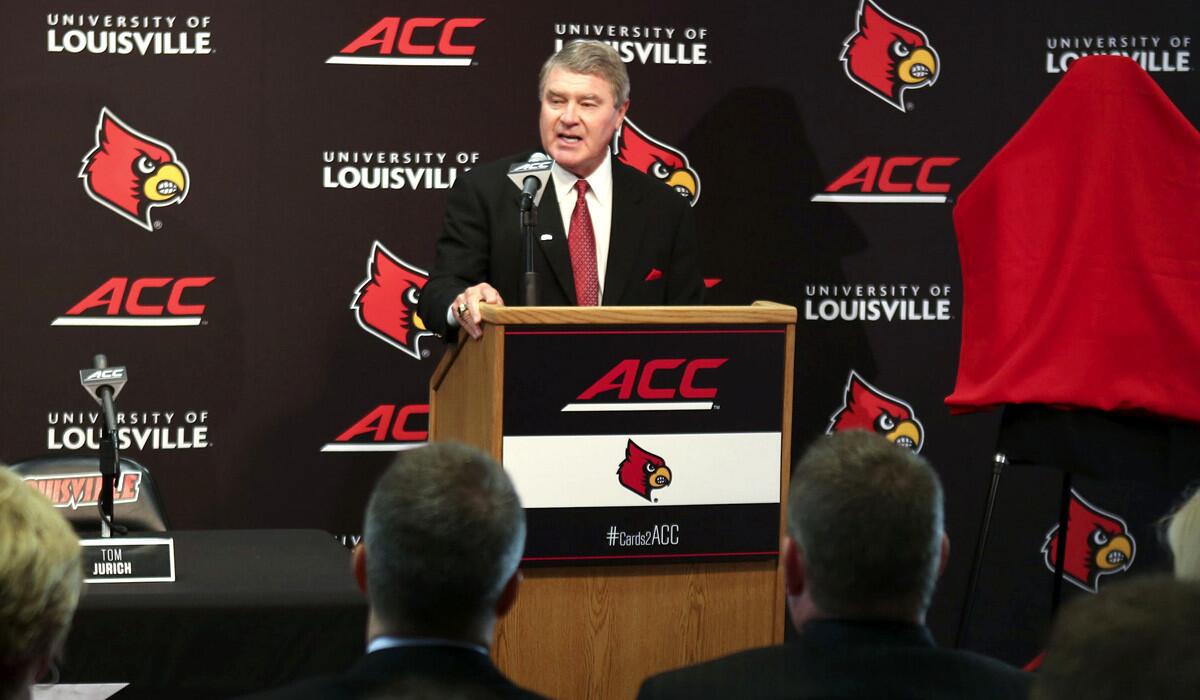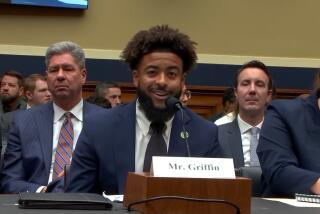NCAA reportedly removes names-likeness form for Division I athletes

In a sign that the NCAA is trying to step back from the issue of using college athletes’ names and images in promotion of events, the names-and-likeness release form will be eliminated from a set of documents to be signed by Division I student-athletes in 2014-15, according to a report by USA Today.
Although NCAA officials have said that signing the names-and-likeness form was not mandatory for eligibility, it has come under debate during a class-action lawsuit that is currently in federal court. Former UCLA basketball star Ed O’Bannon is among the lead plaintiffs who are seeking to end the prohibition of student-athletes’ ability to profit from their names, images and likenesses.
College athletes signing the names-and-likeness form were essentially giving permission to their university, conference or a third party, such as an event organizer, to use their names and images for promotion without compensation.
“The removal is one further illustration of a continuing march by the NCAA to withdraw from the positions they staunchly have been defending,” Michael Hausfeld, lead attorney for plaintiffs in the class-action lawsuit, told USA Today. “If these things can be so easily removed, then it appears they had little to any validity in the first instance.”
The USA Today report cites excerpts from trial depositions in which Atlantic Coast Conference Commissioner John Swofford and John Welty, at the time president of Fresno State, said they believed signing the names-and-likeness form was mandatory for eligibility.
In an email obtained by USA Today, the NCAA gives a few reasons, including compliance issues, for removing the names-and-likeness form from the documents to be signed by student-athletes. The email also said the removal of the form “has been necessary to enable appropriate review, including legal review, of the change to this year’s form.”
Finals arguments in the class-action lawsuit ended June 27 and a ruling is expected in the near future from U.S. District Judge Claudia Wilken.
More to Read
Go beyond the scoreboard
Get the latest on L.A.'s teams in the daily Sports Report newsletter.
You may occasionally receive promotional content from the Los Angeles Times.











